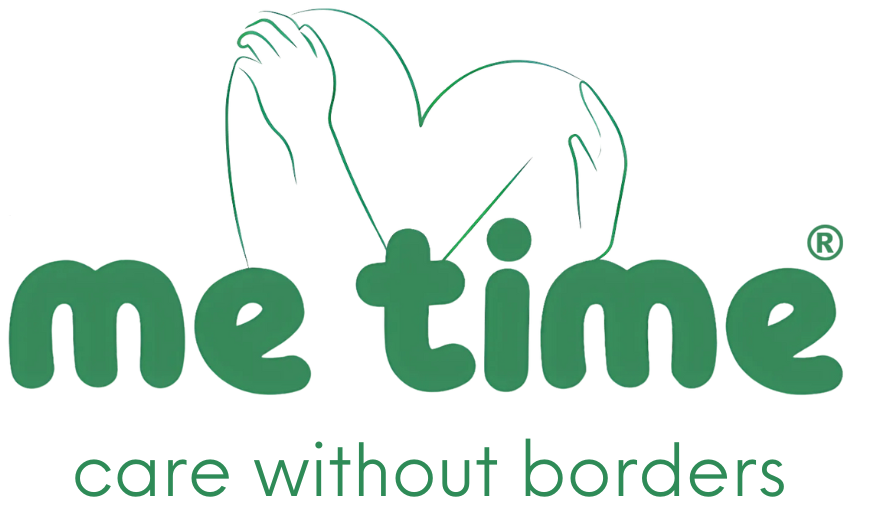Exclusive Offer: Enjoy Free CARA for All Users
Jennifer Araujo, Mindfulness Coach
|
November 22, 2022
Transforming Workplaces: Boosting Mental Health with Flexible Work in the Post-Pandemic Era

Transforming Workplaces: How Flexible Work Boosts Mental Health in the Post-Pandemic Era
The pandemic has changed the way we work, pushing flexible work arrangements to the forefront. But it’s not just about convenience—it’s also about mental health. Flexible work options have proven to be a game-changer for employee well-being. Let’s dive into how flexible work is transforming workplaces and enhancing mental health in the post-pandemic era.
The Rise of Flexible Work**
Before the pandemic, flexible work arrangements were often seen as perks. Now, they’re becoming the norm. The shift to remote work during lockdowns showed us that many jobs can be done just as effectively outside the traditional office setting. As we move into the post-pandemic era, businesses are rethinking how and where work gets done.
Benefits of Flexible Work for Mental Health Reduced Stress:
Commuting can be a significant source of stress. Eliminating the daily grind of travel gives employees more time for self-care and reduces anxiety. Eliminating the daily grind of travel gives employees more time for self-care and reduces anxiety.
Better Work-Life Balance:
Flexible work allows employees to tailor their schedules to fit personal commitments, leading to a better balance between work and home life. This balance is crucial for mental well-being.
Increased Autonomy:
Having control over one’s work environment and schedule can boost morale and job satisfaction. When employees feel trusted and empowered, their mental health benefits.
Enhanced Productivity:
Flexibility can lead to increased productivity as employees can work during their peak hours and in their preferred environment. This can reduce feelings of frustration and burnout.
Improved Physical Health:
With more time to exercise, cook healthy meals, and get adequate sleep, employees’ physical health improves, which in turn supports better mental health.
Strategies for Implementing Flexible Work Establish Clear Policies:
Define what flexible work looks like for your organization. Whether it’s remote work, flexible hours, or a hybrid model, having clear guidelines helps manage expectations.
Provide the Right Tools:
Equip employees with the technology and resources they need to work effectively from anywhere. This includes reliable internet access, collaboration software, and ergonomic office equipment.
Foster a Culture of Trust:
Trust is essential for successful flexible work. Managers should focus on outcomes rather than hours logged. Encouraging open communication and regular check-ins can help maintain trust and accountability.
Offer Support and Training:
Provide training on remote work best practices and offer support for mental health. This can include virtual workshops, access to counseling services, and creating support networks within the company.
Encourage Regular Breaks:
Promote the importance of taking breaks to avoid burnout. Encourage employees to step away from their screens, go for walks, and take time off when needed.
Monitor and Adjust:
Regularly check in with employees to see how flexible work arrangements are impacting their mental health and productivity. Be open to feedback and ready to make adjustments as necessary.
Real-Life Examples
Several companies have successfully embraced flexible work to boost mental health. For instance, Microsoft has implemented a hybrid workplace model that allows employees to work remotely up to 50% of the time. This approach has been praised for enhancing work-life balance and mental well-being.
Similarly, Salesforce has introduced the "Success from Anywhere" model, which empowers employees to choose how, when, and where they work. This flexibility has resulted in higher employee satisfaction and engagement.
FAQs
Q: How can managers support mental health in a flexible work environment? A: Managers can support mental health by maintaining open lines of communication, providing mental health resources, encouraging regular breaks, and fostering a culture of trust and respect.
Q: What challenges might arise with flexible work, and how can they be addressed? A: Challenges include feelings of isolation, difficulty in separating work and personal life, and potential communication issues. These can be addressed by promoting regular virtual team interactions, setting clear boundaries, and using effective communication tools.
Q: How can companies measure the success of flexible work arrangements? A: Success can be measured through employee surveys, productivity metrics, retention rates, and feedback from regular check-ins. Monitoring these factors helps assess the impact of flexible work on mental health and overall performance.
The pandemic has shown us that flexible work is not only feasible but also beneficial for mental health. By reducing stress, improving work-life balance, and enhancing job satisfaction, flexible work arrangements are transforming workplaces for the better. Implementing these practices thoughtfully can lead to a healthier, more engaged, and productive workforce.

Need support on your wellness journey?
You don't have to wait to talk to someone. Our licensed providers have availability every week, making it easy to start when you're ready.


Need support on your wellness journey?
Whether you're navigating something difficult or simply looking to improve your well-being, our licensed providers are here to help.
You don't have to wait to talk to someone. Our licensed providers have availability every week, making it easy to start when you're ready.



